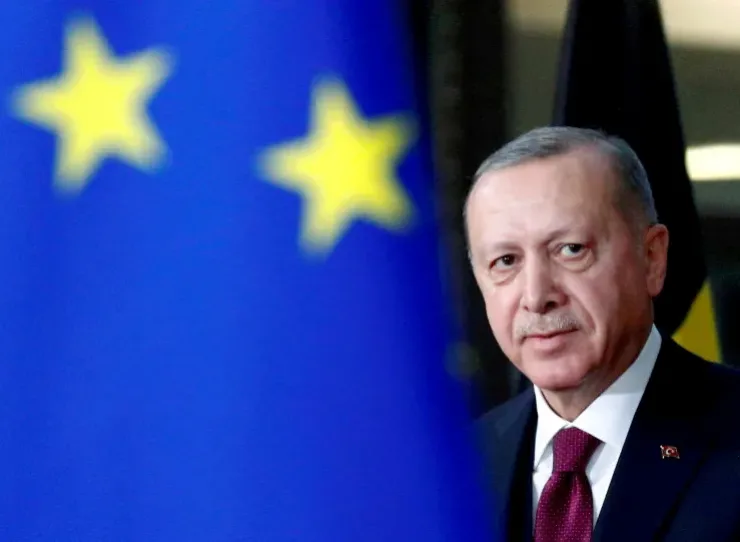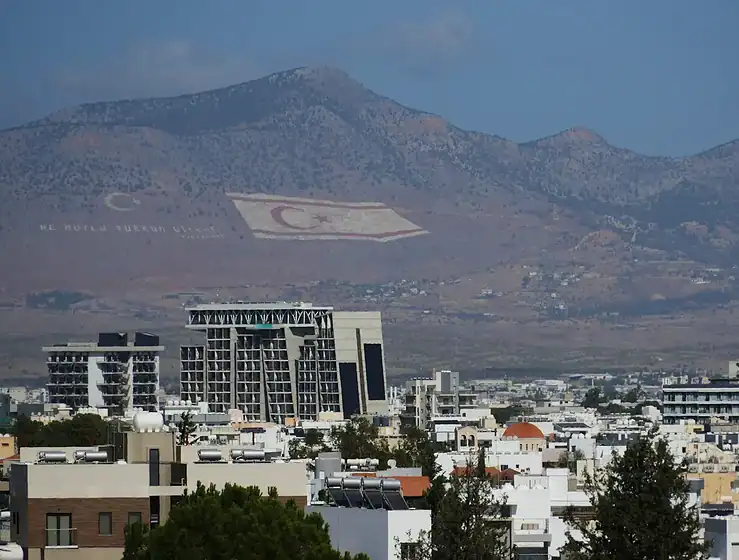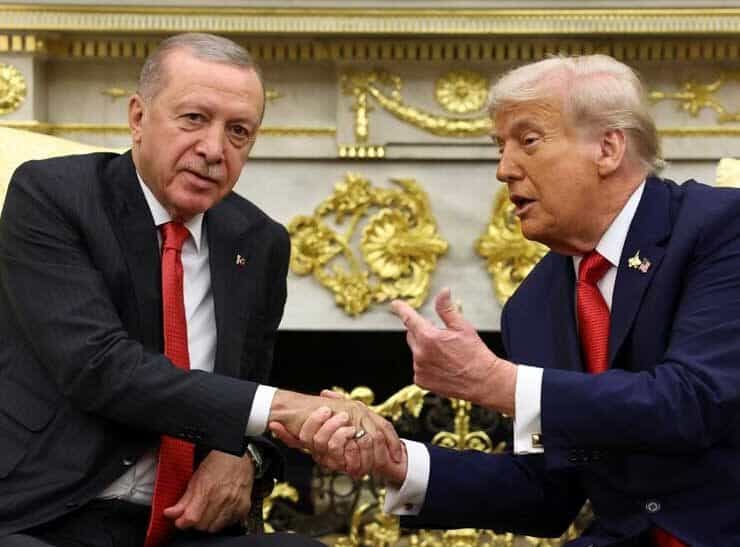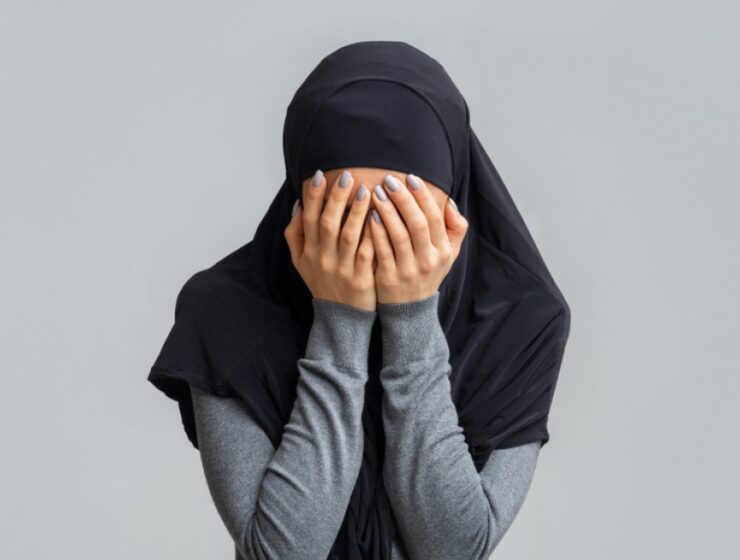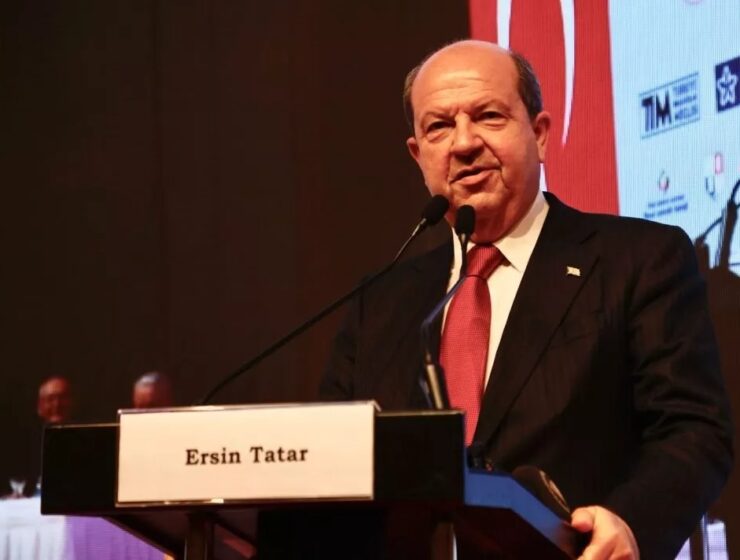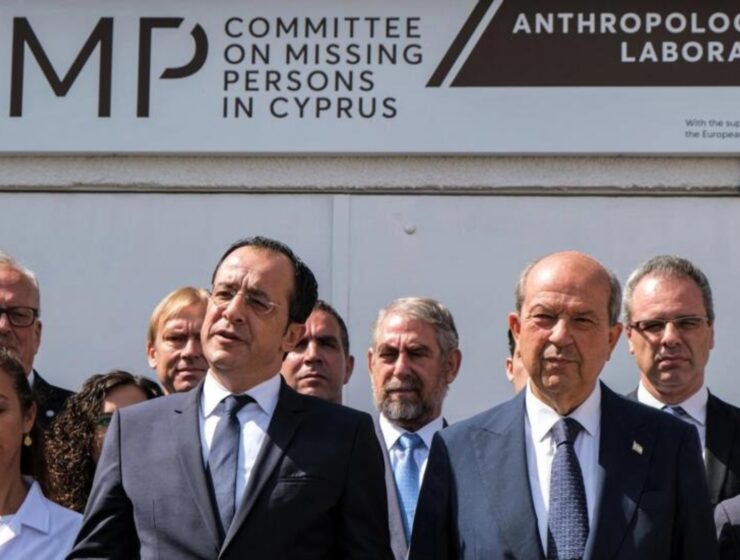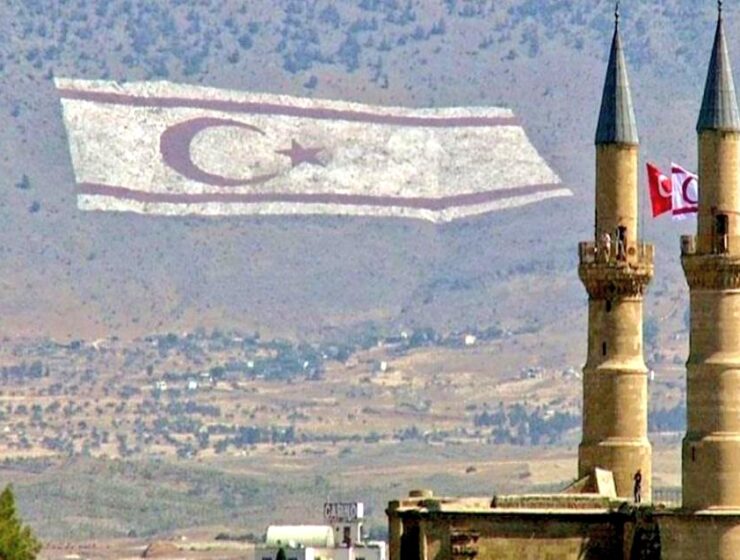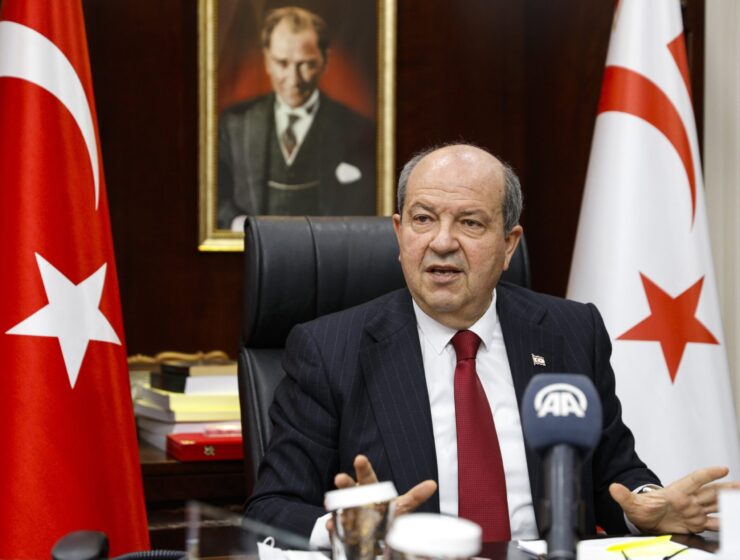On 11 February 1959, Greek Prime Minister Konstantinos Karamanlis and Turkish Prime Minister Adnan Menderes signed the Zurich Agreement, establishing the framework for an independent Republic of Cyprus as a bi-communal state with equal political representation for Greek Cypriots and Turkish Cypriots.
Tag: Turkish Cypriots
Turkey’s Foreign Ministry spokesman Öncü Keçeli has sharply criticized the Republic of Cyprus and the European Union, accusing Cyprus of exploiting its rotating EU Presidency to push a “distorted” narrative on the Cyprus issue, while claiming the EU has failed to act as a neutral player in resolving the conflict.
Turkey has condemned a new maritime boundary agreement between Cyprus and Lebanon, stating it disregards the equal rights and interests of Turkish Cypriots in the Eastern Mediterranean.
The rival leaders of ethnically split Cyprus said they were ready to meet the United…
A Cyprus court sentenced Israeli businessman Shimon Mistriel Aykout to five years for illegally developing Greek Cypriot-owned land in northern Cyprus, highlighting the contentious property rights dispute stemming from the island’s 1974 division.
The election of Tufan Erhürman as the new leader of the Turkish Cypriots “opens a…
Cypriot President Nikos Christodoulides congratulated Tufan Erhuman, the new Turkish Cypriot leader, and expressed readiness to resume negotiations to resolve the Cyprus issue, emphasizing alignment with UN resolutions and EU principles. He highlighted an upcoming UN-led meeting as a key opportunity to restart the peace process.
Turkish President Recep Tayyip Erdoğan declared Turkey’s determination to secure its share of Mediterranean resources while promoting regional cooperation, following a productive meeting with U.S. President Donald Trump. Speaking to journalists en route from the U.S., Erdoğan emphasized a “win-win” approach with neighbors like Greece and Egypt, while reaffirming Turkey’s commitment to a two-state solution for Cyprus. He hailed progress in Turkish-American relations and Turkey’s growing influence in fostering peace, citing its mediation in Libya and joint naval exercises with Egypt.
: A stirring rendition of the “Hymn to Liberty” at the Cyprus-Greece EuroBasket 2025 match in Limassol sparked a heated debate over national identity, with critics warning of nationalist overtones and defenders celebrating Cypriot Hellenism.
Five Greek Cypriots arrested in Northern Cyprus on espionage charges will remain in custody for 13 more days, a military court in Nicosia ruled after a 15-hour hearing. Accused of aiding an illegal entry at the Strovilia crossing, the group faces additional charges, with their next court date set for August 14.
Fidias Panayiotou Defends Interview with Tatar: "I Faced Cancel Culture for Something Unprecedented"
“I faced cancel culture in my country, Cyprus, for doing something that had never been done before.”
Cyprus President Nikos Christodoulides (right) meets EU envoy Johannes Hahn at the presidential palace in Nicosia, Cyprus, on June 24, 2025
Turkish Foreign Minister Hakan Fidan escalated tensions with Greece, claiming during the 51st OIC Session in Istanbul that Turks in Thrace and the Dodecanese are deprived of fundamental rights. Fidan also reiterated Ankara’s support for a two-state solution in Cyprus, urging support for Turkish Cypriots facing “unjust isolation.”
On May 5, 2025, Cypriot President Christodoulides and Turkish Cypriot leader Tatar faced setbacks in talks, with Tatar rejecting proposals on crossing points and the Mia Milia water agreement. Agreement was reached on cemetery restoration, but property disputes dominated, stalling progress on the Cyprus problem.
Thousands of Turkish Cypriots marched through the northern half of Nicosia, the divided capital of…
Turkish Cypriot leader Ersin Tatar’s claim that Ottomans arrived in Cyprus before Greeks, made amid Turkish President Erdogan’s provocative visit to the occupied north, has sparked outrage. Contradicted by Greek inscriptions at the 11th-century BCE Salamis ruins, Tatar’s statement and Erdogan’s assertion of Turkish ownership threaten UN-led peace efforts, deepening divisions on the island split since 1974.
In a speech at the Antalya Diplomacy Forum on April 11, 2025, Turkish President Recep Tayyip Erdogan reaffirmed Turkey’s commitment to fostering positive relations with Greece and ensuring stability in the Eastern Mediterranean and Aegean. Highlighting Turkey’s pivotal role in European security, he called for accelerated EU membership and greater recognition of Turkish Cypriot rights, while urging the EU to overcome internal hesitations and embrace Turkey as a full partner.
Cyprus remains divided since Turkey’s 1974 invasion, and while recent UN-hosted talks between Greek and Turkish Cypriot leaders showed progress in confidence-building measures, deep disagreements persist. UN Secretary-General António Guterres is set to appoint an envoy to revive negotiations, but major issues—including territorial disputes and governance—continue to block a path toward reunification.
A landmark case before the Supreme Court of Cyprus is set to decide if children born to Turkish settlers and Turkish Cypriots are entitled to Cypriot citizenship. The case, involving a 46-year-old woman denied citizenship due to her father’s illegal entry, could affect thousands of individuals with similar backgrounds. The ruling may have significant political and legal ramifications for Cyprus, where citizenship remains a contentious issue tied to the island’s division.
Turkish Cypriot Foreign Minister Tahsin Ertugruloglu has cast doubt on the upcoming UN-led meeting in Geneva, arguing it will lead nowhere in resolving the Cyprus dispute. While Greek Cypriots seek a federal solution, Turkish Cypriots insist on a two-state model—a stance rejected by the Republic of Cyprus. With both sides entrenched in their positions, the talks are expected to underscore the island’s deep divisions rather than produce a breakthrough.
On February 11, 1959, Greece and Turkey reached an agreement to address the Cyprus issue.…
Cyprus’ rival leaders will join a UN-led meeting next month to revive stalled peace talks. With deep divisions on the island’s future, the talks aim to bridge differences amid ongoing diplomatic challenges.
Turkey has reiterated its support for a two-state solution for Cyprus, following discussions with the leader of the self-declared Turkish Republic of Northern Cyprus, which remains unrecognized by the international community. As the United Nations prepares for peace talks in March, Greek Cypriots continue to reject this proposal, while both sides face a complex path toward resolving the island’s division.
British Prime Minister Keir Starmer and Cypriot President Nikos Christodoulides pledged to deepen ties during Starmer’s historic visit to Cyprus, the first by a UK leader since 1971. The visit underscored Cyprus’s alignment with the West amid shifting geopolitical dynamics following Russia’s invasion of Ukraine. Discussions focused on sanctions enforcement and regional security, but the trip drew criticism from Turkish Cypriot leaders for excluding the breakaway North Cyprus from dialogue.
Turkey is voicing concerns over the arrival of Israel’s Iron Dome-type air defense system in Cyprus, seeing it as part of a broader strategy to enhance the island’s defense capabilities amid rising military ties with Israel. The move follows the lifting of the U.S. arms embargo and growing military cooperation with Western countries, sparking strong reactions from the Turkish Cypriot administration, which accuses Cyprus of escalating regional tensions.
An informal UN-hosted dinner in New York between Cypriot President Nicos Christodoulides and Turkish Cypriot leader Ersin Tatar aimed to revive peace talks but ended with little progress. Both sides remained divided on key issues like sovereign equality and security guarantees, though future discussions with guarantor powers were agreed upon.
Northern Cyprus President Ersin Tatar urged Greek Cypriot leadership to recognize the realities of the island, emphasizing the need for a two-state solution that acknowledges “two peoples, two states, and two democracies.” Speaking from New York, Tatar criticized increasing oppression against Turkish Cypriots and called for renewed dialogue based on political equality and mutual respect.
Cyprus President Nikos Christodoulides expressed his readiness to immediately resume reunification talks during a speech at the UN General Assembly, urging Turkey to join the effort. He emphasized the need for peace and cooperation while addressing the long-standing division of the island following a Turkish invasion decades ago.
Turkey has strongly criticized the new defense cooperation agreement between the US and the Republic of Cyprus, claiming it hinders progress on resolving the Cyprus issue. The pact, aimed at strengthening military ties and reassessing regional policies, has prompted Turkey to reaffirm its role as a guarantor state committed to protecting Turkish Cypriots’ security and prosperity.
The first direct flight from Baku, Azerbaijan, to Larnaca International Airport has sparked debate within the Turkish Cypriot community, contrasting with years of promises from officials regarding direct flights to Ercan Airport in North Cyprus.


